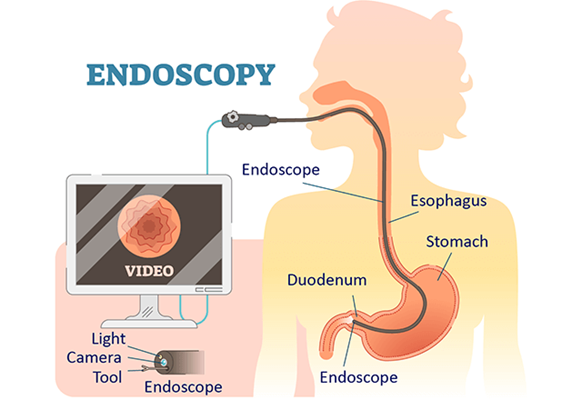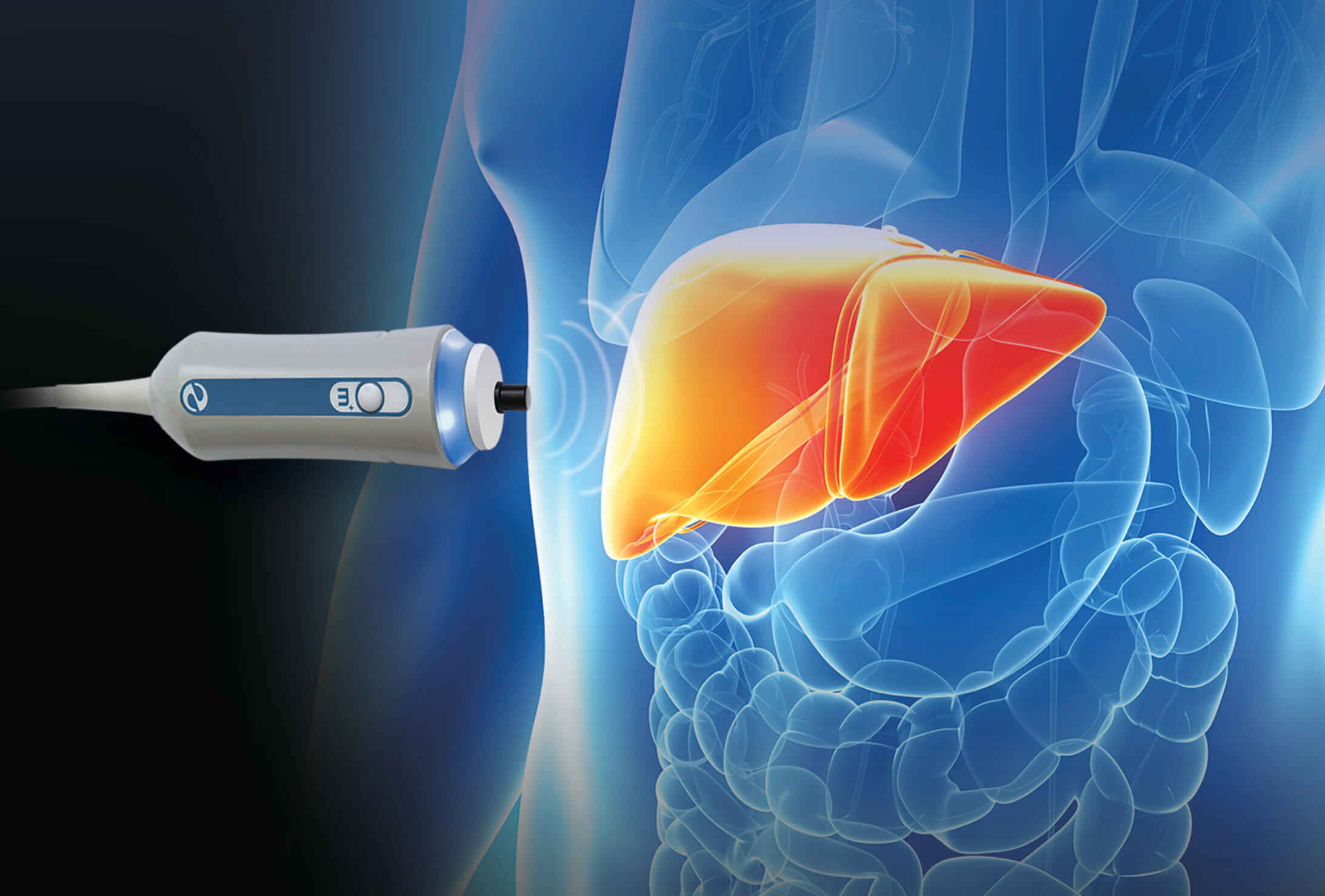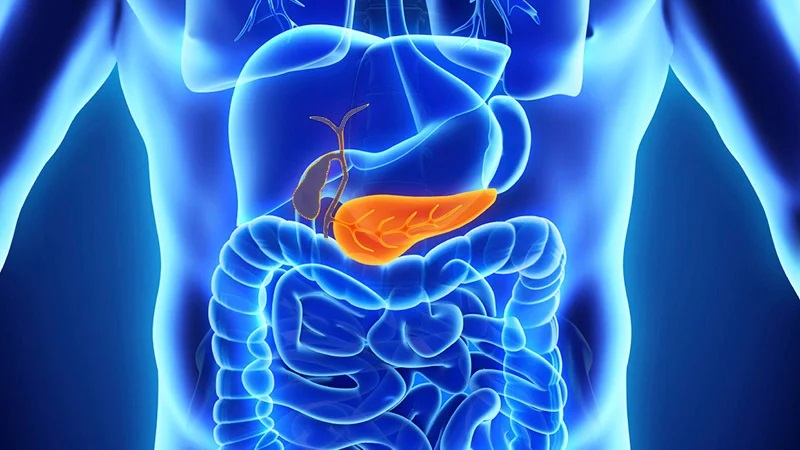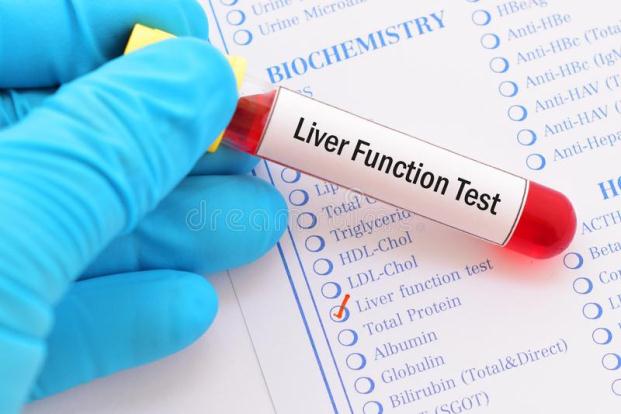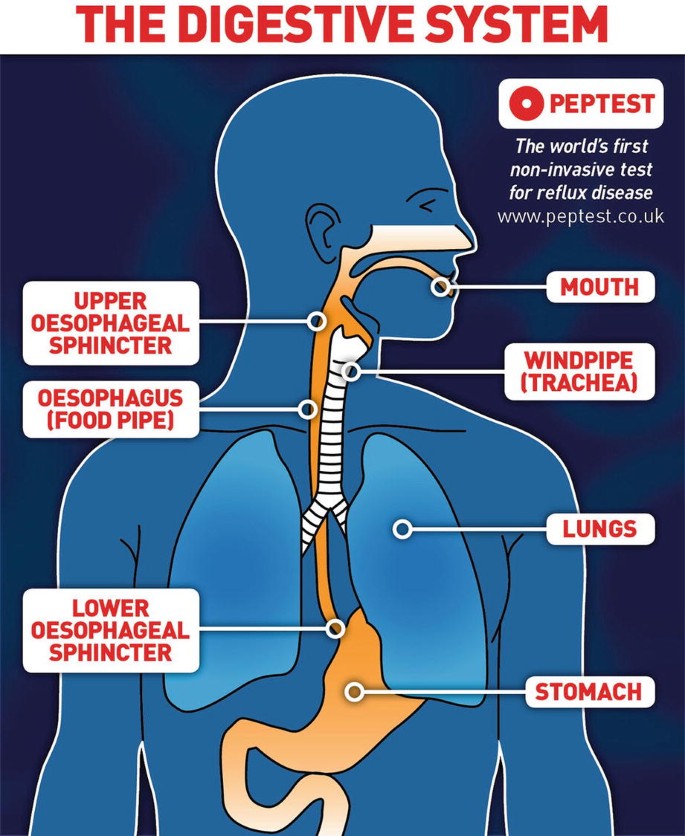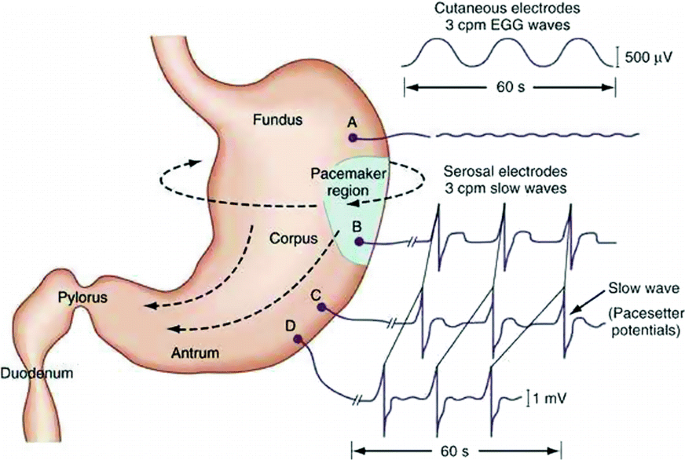Diet counseling Details

Diet counseling is a process in which a trained health professional, such as a dietitian or nutritionist, provides personalized guidance on nutrition and eating habits to help individuals improve their health, manage specific medical conditions, or achieve personal goals related to diet. The aim of diet counseling is to offer tailored dietary advice based on an individual's health status, lifestyle, preferences, and nutritional needs.
Key Components of Diet Counseling:
Assessment: The dietitian assesses the individual's current dietary habits, medical history, weight, height, and lifestyle factors. This may involve discussing:
- Food preferences and aversions
- Eating patterns and portion sizes
- Medical conditions (e.g., diabetes, hypertension, or food allergies)
- Physical activity level
- Psychological factors, such as emotional eating or stress eating
Goal Setting: The counselor works with the individual to set realistic and achievable dietary goals. These goals may vary depending on the person’s needs, whether it’s weight loss, weight gain, managing a chronic illness, or optimizing general health. Goals are typically specific, measurable, and time-bound.
Personalized Meal Planning: Based on the assessment, the counselor provides a customized meal plan that meets the individual’s nutritional requirements. This plan will often consider:
- Macronutrient balance (carbohydrates, proteins, and fats)
- Caloric intake based on activity level and health goals
- Special dietary needs (e.g., low-sodium for hypertension, low-carb for diabetes)
- Recommendations for portion control and meal timing
Education: The dietitian educates the individual on healthy food choices, reading food labels, and cooking methods that preserve nutrition (e.g., steaming instead of frying). They may also provide information on the importance of different food groups and nutrients, such as fiber, vitamins, and minerals.
Behavioral Strategies: Counseling often includes guidance on how to make lasting behavioral changes. This might involve strategies to overcome challenges like emotional eating, binge eating, or adherence to a restrictive diet. Techniques such as mindful eating, stress management, and keeping a food diary can be incorporated.
Monitoring and Support: Ongoing follow-ups are common in diet counseling to track progress, make adjustments to the plan, and offer continuous support. This allows the individual to stay accountable and receive guidance if they face obstacles.
Common Goals of Diet Counseling:
- Weight Management: Helping individuals achieve and maintain a healthy weight through balanced eating and physical activity.
- Chronic Disease Management: Providing dietary guidance to manage conditions like diabetes, heart disease, kidney disease, or gastrointestinal disorders (such as IBS or celiac disease).
- Nutritional Deficiencies: Identifying and correcting deficiencies in nutrients like iron, calcium, vitamin D, or protein.
- Food Allergies and Intolerances: Counseling individuals with food allergies (e.g., gluten, lactose, nuts) to avoid trigger foods and still meet nutritional needs.
- Sports Nutrition: Offering advice on how to optimize performance and recovery for athletes through nutrition.
- Prenatal and Postnatal Nutrition: Supporting pregnant or breastfeeding women with diets that ensure proper nutrition for both mother and baby.
Benefits of Diet Counseling:
- Improved overall health and well-being
- Better management of chronic diseases
- Increased awareness of healthy food choices and portion control
- Long-term behavioral changes for sustainable results
- Support in dealing with specific dietary challenges, like food allergies or intolerances
Diet counseling is especially helpful for individuals with complex medical conditions, those looking to make significant lifestyle changes, or anyone seeking guidance on achieving specific health goals through nutrition.


